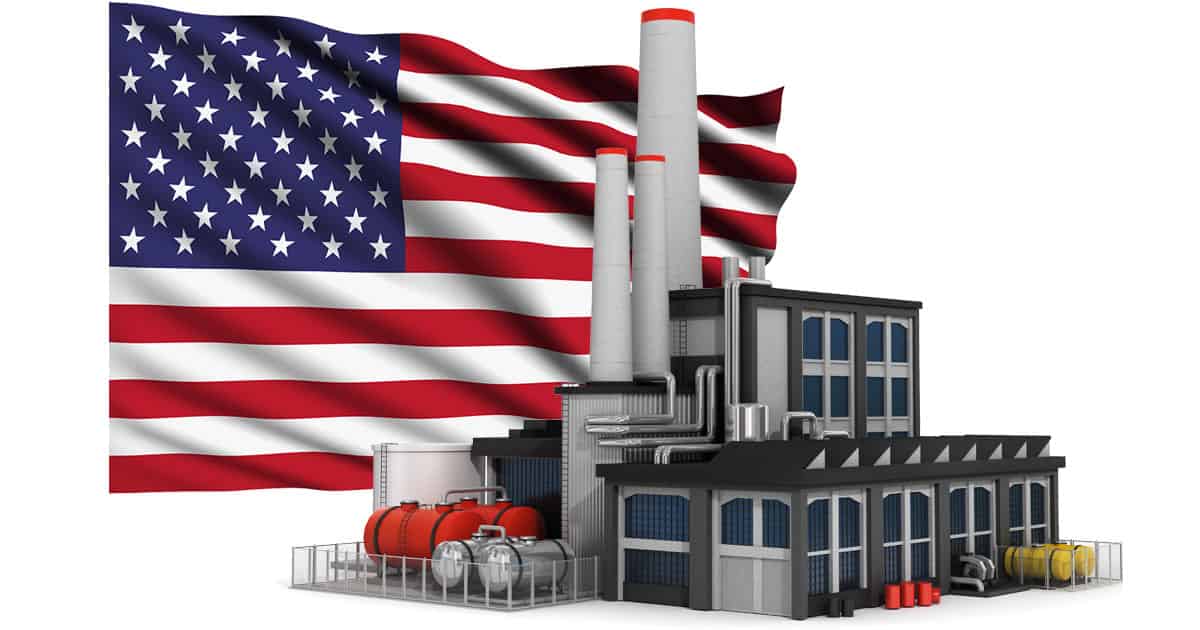Apple’s manufacturing partner Foxconn is going to build a factory in Wisconsin to make large LCD panels for televisions. The factory will employ about 3,000 people, although they won’t be making anything for Apple.

Foxconn CEO Terry Gou made the announcement at an event at the White House. The Trump administration thinks the facility could eventually employ 13,000 people, according to Recode.
Gou also said Apple is open to the possibility of investing in the factory. If that happens, we can expect to see displays more suitable for iPads and iPhones coming out of the factory, too.
Foxconn’s announcement comes only days after Donald Trump said Apple is going to build three factories in the United States. “I spoke to [Mr. Cook],” he said. “He’s promised me three big plants—big, big, big.”
Apple hasn’t commented on the statement. It’s possible Mr. Trump was confused and mistook an Apple manufacturing parter with Apple building its own plant—or Apple may really have plans to build three factories of its own in the country.
Regardless, Foxconn is building a factory in Wisconsin that won’t make products for Apple—at least not for now.
They are of course counting every carpenter and backhoe operator during construction, every waiter in a nearby restaurant, every FedEx driver who delivers to the plant. Actual employees who are making LCD panels, or to be precise, tending the robots who are making LCDs, will be far, far, less.
Yes, this morning I listened to a segment on NPR abot Foxconn having a reputation for announcing such plans and then not developing them or reducing them.
So why are not domestic businesses building these factories?
Foxconn made a previous announcement in 2013 to build a plant in Pennsylvania. So far that has not come to fruition.
But even if Foxconn does build this announced plant, the company has committed to replacing workers with automation, so there may be very few, if any, low paying jobs for Americans.
And again, Trump is taking credit for something he didn’t do, just as he did with the Carrier company (even though that company ended up losing more jobs than hiring.